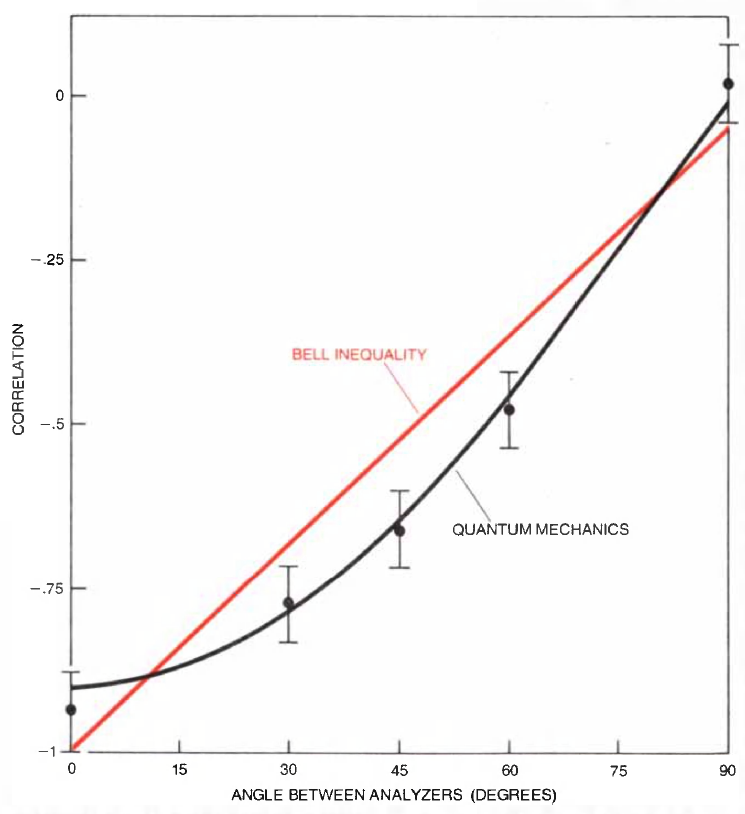Bernard d'Espagnat
(1921-2015)
Bernard d'Espagnat was a theoretical physicist and philosopher of science who speculated on the nature of reality.
In his early work, he was an important commentator on
Albert Einstein's
nonlocality and
John Bell's Theorem on quantum
entanglement.
He was awarded the
John Templeton prize in 2009 for his speculations about spirituality, his claims that science cannot fully explain "the nature of being," and the idea of a "hypercosmic God."
Along with Bell and his many followers, d'Espagnat was a contributor to the
Epistemological Letters in the 1970's and 1980's. His first book, the 1971
Conceptual Foundations of Quantum Mechanics, was one of the earliest books exploring the
foundations of physics.
d'Espagnat's 1979 article in
Scientific American, "
The Quantum Theory and Reality," claimed that "the doctrine that the world is made up of objects whose existence is independent of human consciousness turns out to be in conflict with quantum mechanics and with facts established by experiment." He writes entangled particles...
"that are ordinarily regarded as separate objects have interacted at some time in the past with other objects. The violation of separability seems to imply that in some sense all these objects constitute an indivisible whole."
Scientific American, December, 1979, p.158
The principal objects d'Espagnat sees as an "indivisible whole" are the two electrons entangled in
David Bohm/
John Bell tests of
nonlocality and
nonseparability.
In this early article d'Espagnat published experimental data convincingly showing that results fall along the curve of the quantum mechanics prediction and not the straight line of John Bell's logical but non-physical "
ad hoc" linear inequality.
 Normal
Normal |
Teacher |
Scholar